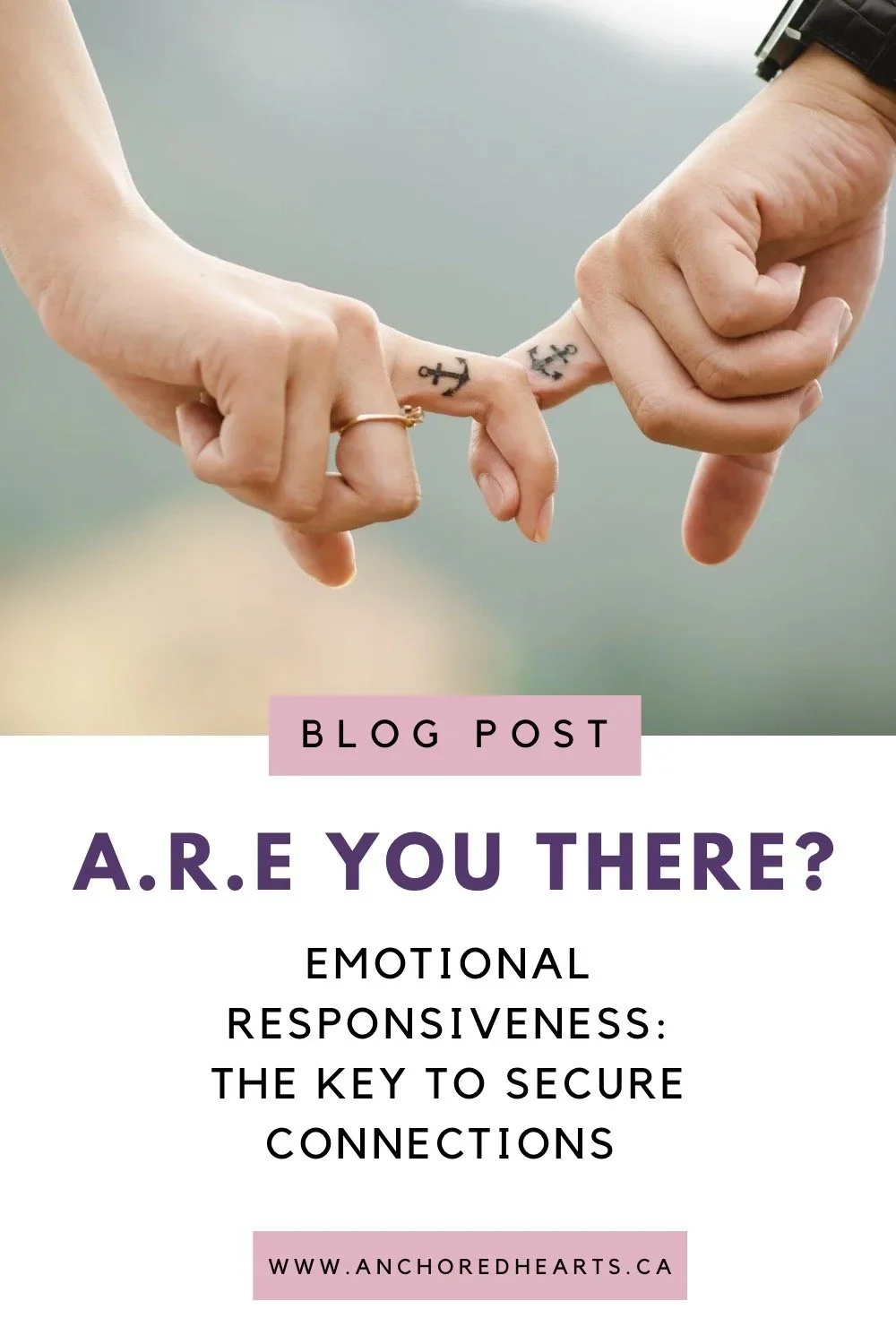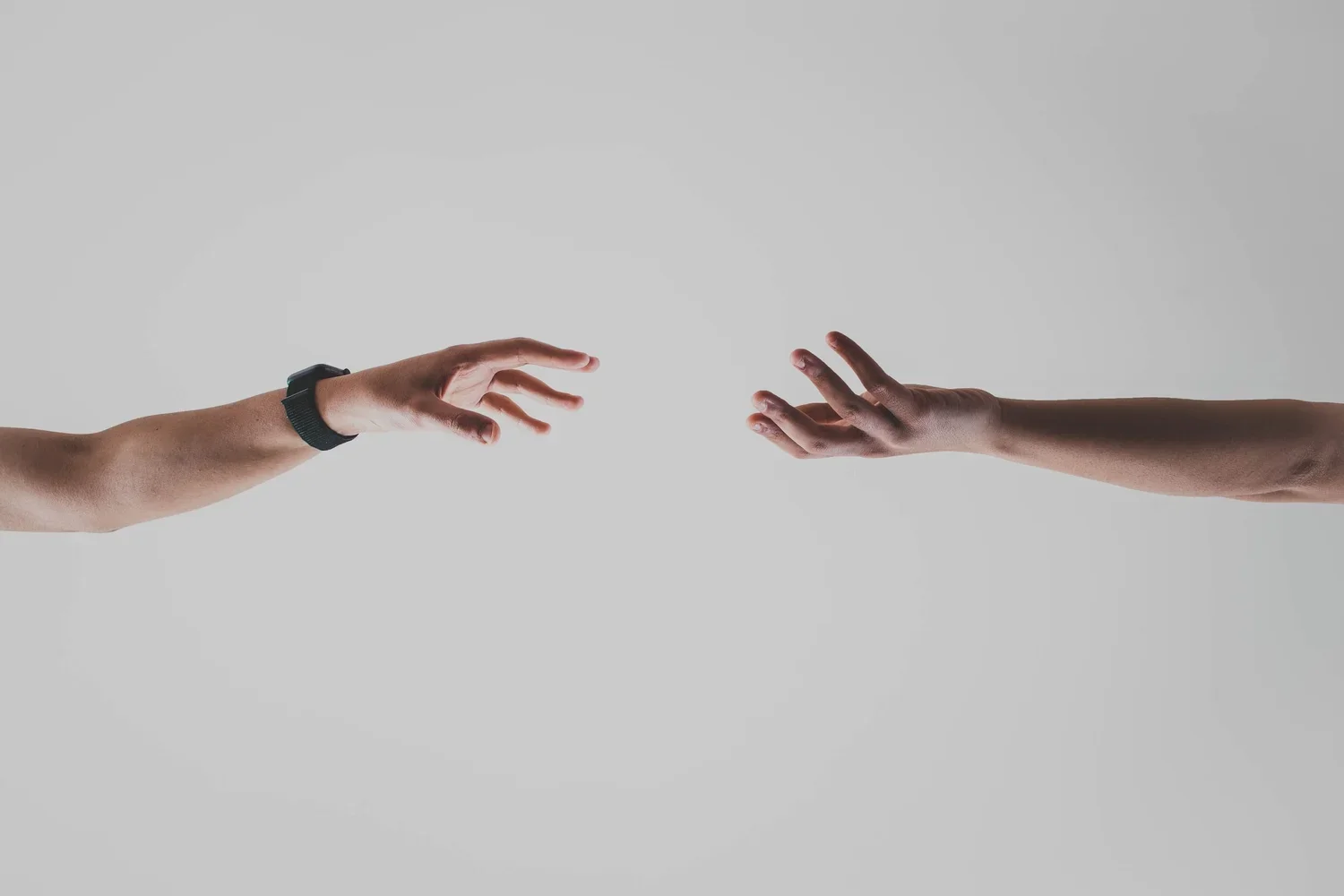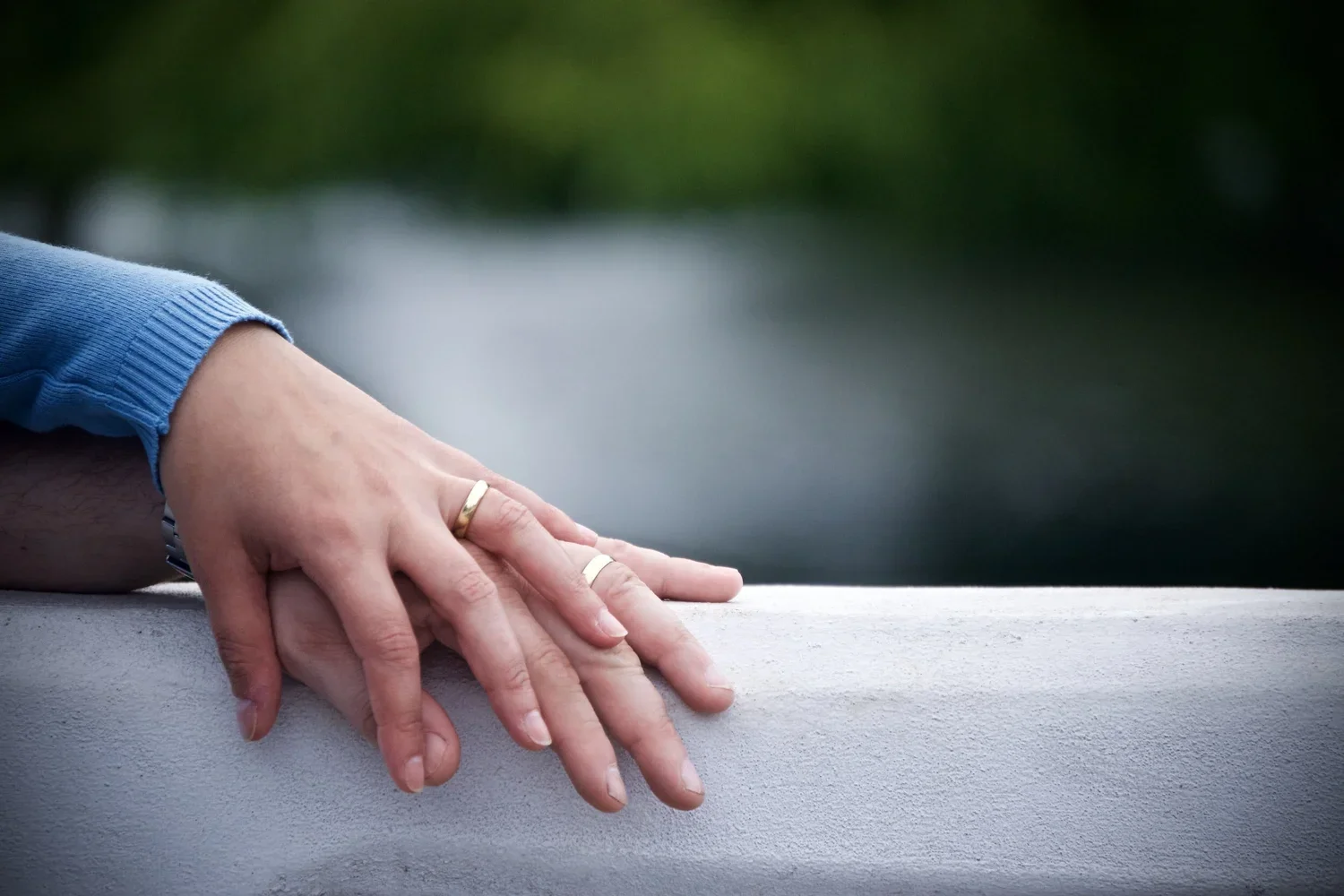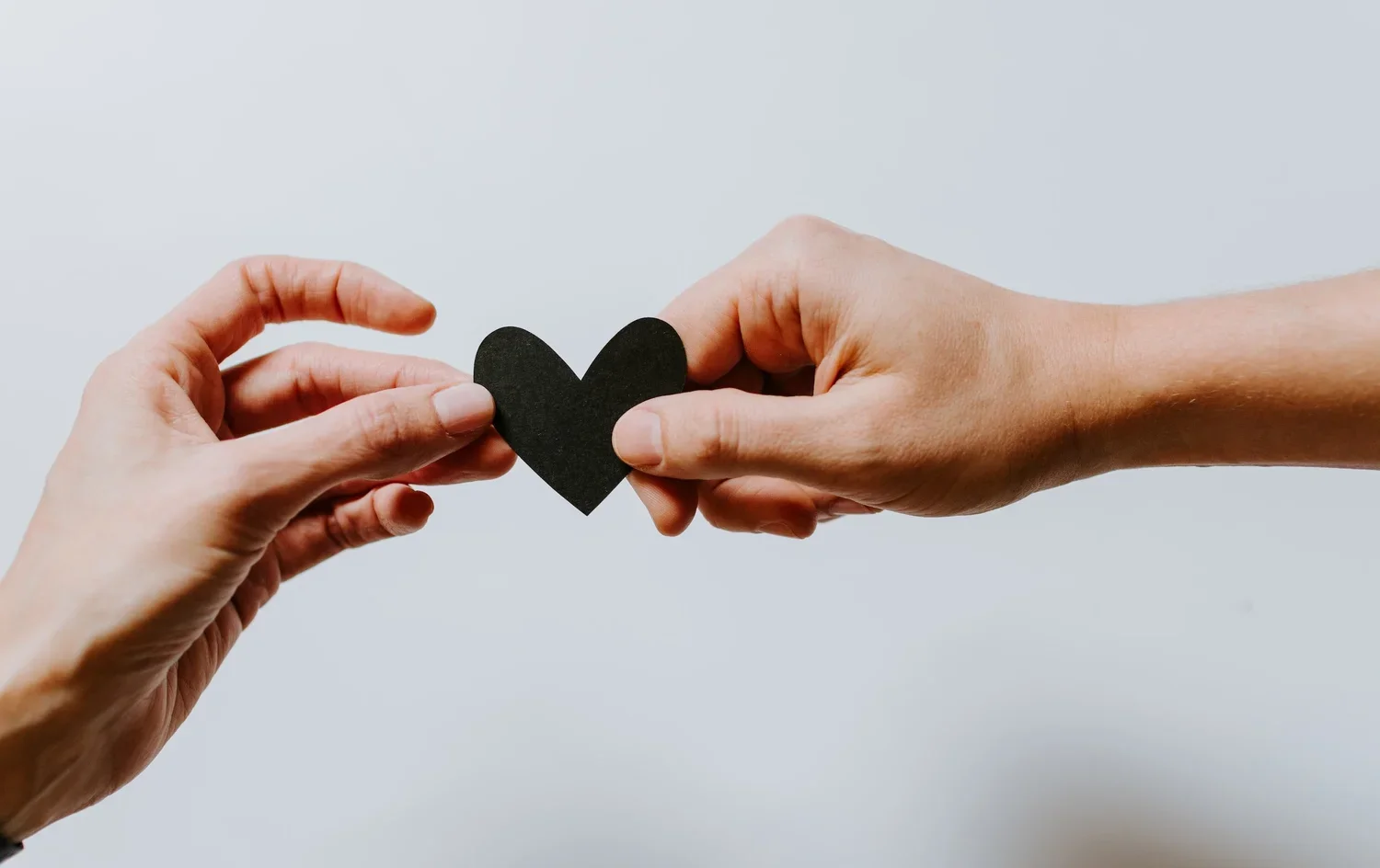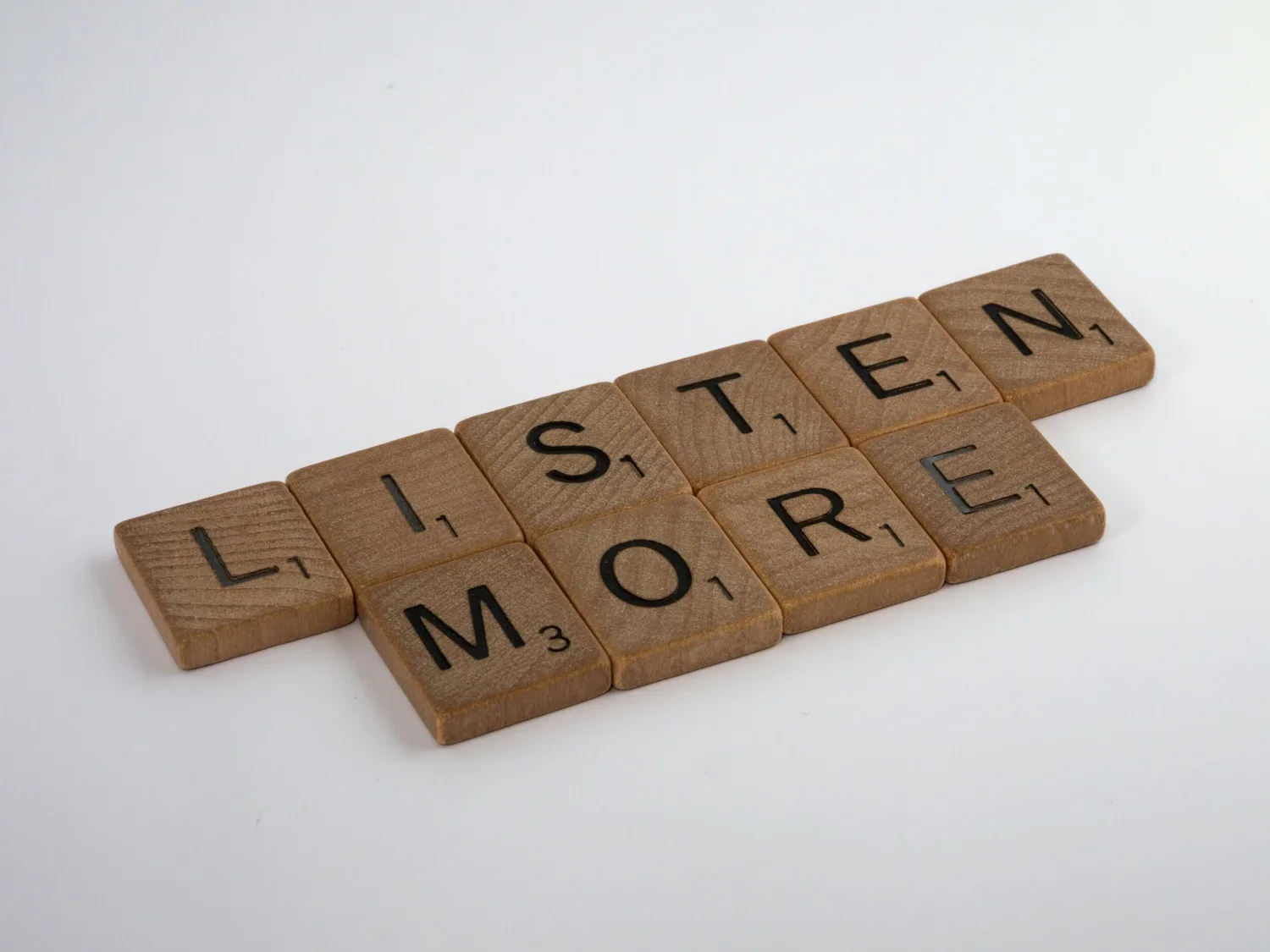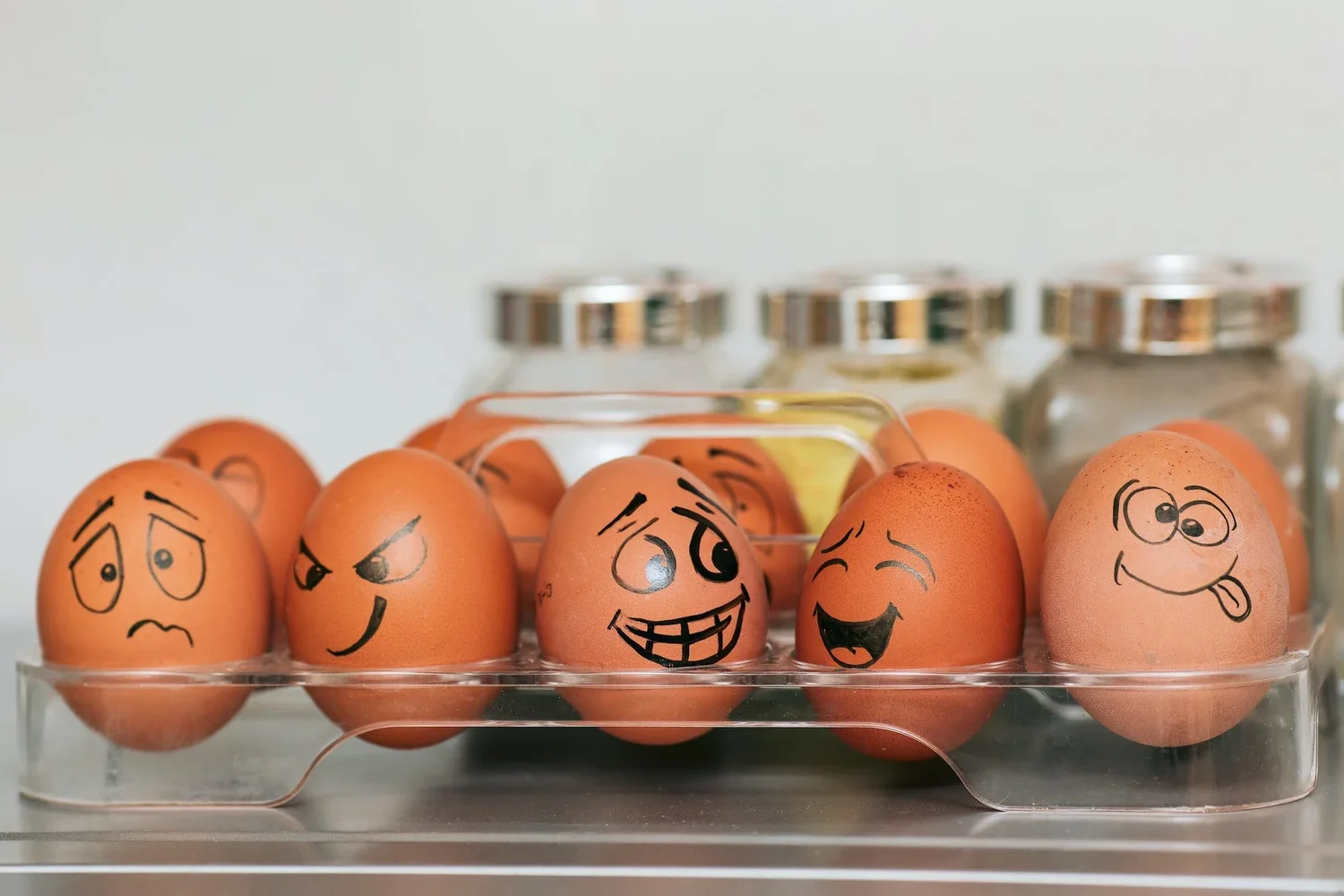A.R.E You There? Emotional Responsiveness: The Key to Secure Connections
Research shows that whenever couples are feeling distressed about their relationship, they are often caught in a cycle. There are variations to the cycles that couples find themselves in. An example of a cycle that many couples experience is where one partner blames, demands and approaches and the other partner may respond by shutting down, defending, distancing and withdrawing. The more the partner withdraws, the more the other partner protests to get an emotional response. The louder the protest gets, the more distanced the other partner becomes. The challenge here is slowing down the cycle so that couples can re-engage.
When the cycle never really ends, this leaves both partners feeling frustrated, exhausted and disconnected. The loop they find themselves in confirms all their fears and increases their sense of isolation and insecurity. Underneath it all both partners are yearning for emotional connection. Deep inside both are feeling a lot of softer and vulnerable emotions that are often times unexpressed – what gets seen on the surface instead of the yelling and the pulling back. Both partners are likely feeling emotions such as sadness, fear and hurt.
Often times yelling and blaming is really a protest against disconnection. There is more going on underneath the surface - the partner who is protesting is wanting to create a connection whereas the partner who distances himself or herself is likely wanting to maintain the peace, avoid disappointing the other partner or being rejected.
Partners may use different words and express their distress differently. However, they are oftentimes asking the same questions, “Are you there for me? Do I matter to you? Will you come when I need you, when I call? In other words, they are yearning for emotional responsiveness.
Dr. Sue Johnson, marriage and family therapist who extensively researched attachment-based therapy approach, Emotionally Focused Therapy (a therapy she developed more than 30 years ago), found that emotional responsiveness is the key to lasting love and secure connections. When couples have a loving attachment bond built upon emotional responsiveness, they feel safe, confident and secure. There are three main components to emotional responsiveness: Accessibility, Responsiveness and Engagement.
An easy way to remember these 3 components is to think of the acronym A.R.E – and the questions that couples are often asking in their heart of hearts, A.R.E You There, A.R.E You with Me?
Accessibility: Can I reach you?
It makes a world of difference to know that you can reach and approach your partner with anything including your needs and fears. When your partner is accessible, you can get your partner’s attention easily. If you are in the same room while the both of you are engaged in different activities, being accessible looks like the willingness to pause whatever activity you are doing in order to give attention to your partner.
When there is accessibility in a relationship, partners are emotionally available and open to each other – through this, each partner receives the message: I matter to you and I come first. You can trust that your partner will listen when you turn towards your partner for connection and when you express your deepest feelings and needs.
Accessibility means staying open to each other even when doubts and feelings of insecurity arise. Although you may struggle to understand your own emotions or feel overwhelmed by emotions, you eventually find your way back to reconnecting with your partner and to tuning into your lover’s attachment cues.
Responsiveness: Can I rely on you to respond to me emotionally?
Responsiveness looks like tuning in to your partner and showing that your partner’s emotions, especially attachment needs and fears, have an impact on you. It means accepting and placing a priority on the emotional signals your partner conveys and providing clear signals of comfort and caring when your partner needs them. In short, when your partner approaches you, you respond with emotional attentiveness. When your partner is responsive towards you, you know you can learn on your partner if you are feeling anxious or unsure.
Even when you fight or disagree, you know that you are important to your partner and you will find a way to re-engage with one another. Receiving sensitive emotional responsiveness always touches us emotionally and calms/soothes us on a physical level – it brings our nervous system back to a state of regulation.
Engaged: Do I know you will value me and stay close?
Being engaged can be defined as being attracted, captivated and involved. Emotional engagement means the very special kind of attention that we give only to our lovers. We gaze at them longer and touch them more - this is also known as being emotionally present.
When you are positively engaged with one another, you trust that you can confide in your partner about almost anything. You feel safe enough to take emotional risks with your partner. Most of all, you know that your partner cares about your joys, hurts and fears.
Being engaged looks like empathizing and validating your partner instead of giving unsolicited advice. When there is positive engagement, both partners show interest in whatever each partner is sharing to the other. It also looks like giving words of affirmation and reassurance to your partner.
The good news is that couples can work on increasing emotional responsiveness in their relationships – this in turn slows down the cycle that couples find themselves stuck in.
I invite you to consider one way in which you can intentionally move towards becoming more accessible, engaged and responsive in your relationship with your partner, today.
At Anchored Hearts Counselling and Grief Therapy, we would be honoured to support you through Relationship and Couples counselling. As a counsellor who has walked alongside many individuals and couples like you, I would be glad to support you in strengthening your bonds as a couple.
There is hope for your relationship today. Reach out for support to move towards a secure bond and a thriving relationship. We are here for you.
Relationship therapy in Port Coquitlam, Coquitlam and Vancouver can help you with growing towards a secure attachment in your relationship – let us come alongside you, guide you and support you to shift your relationship from a place of struggling to thriving. Let’s do this together. We look forward to connecting with you and to hearing from you!
Sources:
Hold Me Tight book by Dr. Sue Johnson
https://thrivefamilyservices.com/a-r-e-you-there-for-me/
https://www.newinsights.ca/how-emotionally-responsive-are-you/
https://maritalintimacyinst.com/wp-content/uploads/A-R-E-Assessment.pdf


